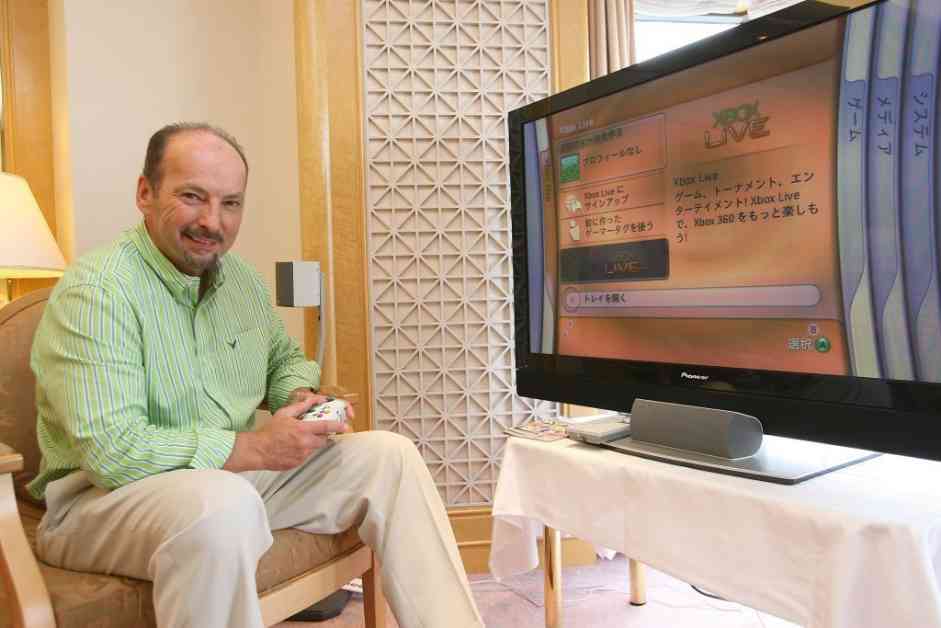The Xbox 360 Marketplace has officially closed its doors, marking the end of an era for many gamers who grew up with the console. While this closure may not directly impact PC gamers, it raises important questions about game preservation in the digital age.
With the shutdown of the Xbox 360 Marketplace, hundreds of games and DLC have been taken off the market, leaving no legal way to access them. This has sparked concerns about DRM, digital distribution, and the long-term preservation of gaming history. The Video Game History Foundation, a nonprofit dedicated to preserving games, has raised awareness about the impact of these closures on the gaming community.
As we reflect on the closure of the Xbox 360 Marketplace, it’s worth considering alternative solutions to ensure that games remain accessible to future generations. One proposed solution is the use of blockchain technology to create peer-to-peer game marketplaces that allow for the resale of digital games. While this idea is still in its infancy, it offers a potential way to keep games available even after official storefronts have closed.
Another approach to game preservation is DRM-free game sales, as demonstrated by platforms like GOG. By offering games without digital rights management, users can archive and distribute them independently, ensuring that they remain accessible in the future. However, not all publishers are willing to release their games without DRM, presenting a challenge to this method of preservation.
The issue of preserving live service games poses another challenge for game preservation efforts. With many games relying on online servers to function, there is a risk that these games will become unplayable once official support ends. Some have advocated for legislation that would require game publishers to make their games playable offline, even after server shutdowns, to ensure that players can continue to enjoy these titles.
In the face of these challenges, it is essential for the gaming community to come together to find innovative solutions to preserve gaming history for future generations. Whether through blockchain technology, DRM-free sales, or legislative action, there are ways to ensure that the legacy of beloved games lives on. As we bid farewell to the Xbox 360 Marketplace, let us look towards a future where all games are preserved and accessible to all who wish to experience them.
















